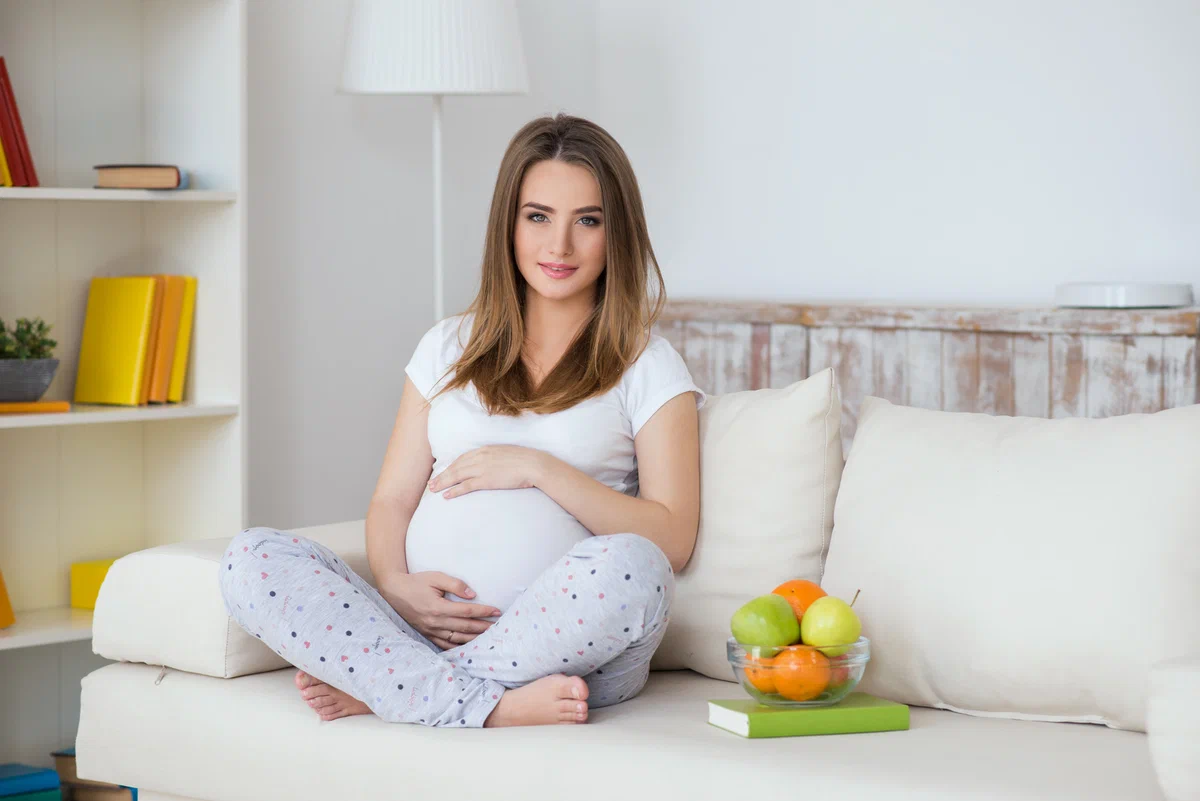
This is one of the most commonly asked questions by ladies worldwide. To dispel this misunderstanding, we have provided information regarding the exact and optimal time to engage in sexual activity to avoid unintended pregnancy. Continue reading to learn more.
The most likely moment for a young woman to become pregnant is between her periods when ovulation occurs. At the time of ovulation, an egg is released from the ovaries. However, attempting to time events to a “protected” moment can result in a coincidental pregnancy. It is pretty challenging to predict the exact moment of egg delivery.
And young women can be fertile for a few days after ovulation. So couples engaging in sexual activity should use a more effective method to prevent pregnancy, such as anti-conception medicine pills or a patch. And continuously utilize condoms to prevent STDs.
How soon following your period could you become pregnant?
Sperm can survive in the uterus for up to five days after sexual activity, and pregnancy is possible if there is sperm in the uterus or fallopian tubes when you ovulate. For some women, ovulation occurs approximately fourteen days into their cycle. However, engaging in unprotected sexual activity during your period or outside your regular fertile window is no guarantee that you will not become pregnant.
For women with shorter cycles than the average 28 to 30 days, there is still a potential for pregnancy if sexual activity occurs during their period. For instance, it is possible if you have sexual activity close to the end of your period and ovulate early. Utilizing contraception, condoms, or another protection method is always the most secure way to prevent pregnancy.

How does ovulation affect pregnancy?
Ovulation occurs when a mature egg is released from the ovary. An egg matures and is transported into the fallopian tube approximately monthly. It then makes a beeline for the fallopian cylinders and uterus to support sperm. Finally, 12 to 24 hours after an egg begins to develop in the ovary, it is ready for fertilization.
Sperm can survive for up to five days following sexual activity. Implantation of an egg, which generally occurs 6 to 12 days following ovulation, is preceded by preparation. You can become pregnant after your menstruation. This is possible if you engage in sexual activity near the end of your cycle and as you approach your reproductive window. However, the probability of becoming pregnant shortly before your period is low.
If you observe ovulation and wait 36 to 48 hours after ovulation, the likelihood of becoming pregnant is low. The possibility of becoming pregnant decreases as the month progresses past ovulation. If pregnancy does not occur, the uterine lining will shed, and menstruation will commence.
Takeaway
Having unprotected sex during your period reduces your likelihood of becoming pregnant. Therefore, if you are facing an undesirable pregnancy, you can safely purchase an Abortion Pill online. Following ovulation and determining your fertile period can reduce your monthly likelihood of becoming pregnant. Unfortunately, everyday family planning has an approximate 25% failure rate. If you want to prevent pregnancy, your best option is to speak with your doctor about more potent contraceptive drugs.
SUMMARY
Ovulation occurs around 14 days into your cycle for some women. The release of an egg from the ovaries is referred to as ovulation. Trying to time things to a “safe” time can result in a coincidental pregnancy. Having unprotected sexual activity during your period does not guarantee that you will not become pregnant. Ovulation occurs when a mature egg is released from an ovary.
Sperm can survive for up to five days after sexual relations. Egg implantation, which occurs after preparation, usually occurs 6 to 12 days after ovulation. Therefore, having unprotected sex during your period reduces your chances of becoming pregnant. The likelihood of pregnancy decreases as the month progresses toward ovulation.
